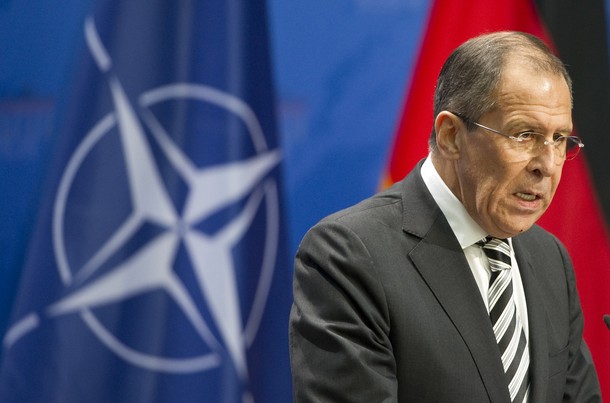
From Steven Pifer, the Moscow Times: The major obstacle blocking missile defense cooperation stems from Moscow’s demand for a legal guarantee that U.S. interceptors would not be directed against Russian strategic missiles. The Obama administration is prepared to offer a written political assurance at the highest level, but a legal guarantee would not work. Any legal agreement that even hinted at a limit on missile defense would have zero chance of ratification in the U.S. Senate, where for many Republican support for missile defense is as axiomatic as opposition to tax increases.
The frustrating irony is that the two sides reportedly have found considerable convergence in their views about what practical NATO-Russian missile defense cooperation would entail: transparency on missile defense programs, joint NATO-Russian missile defense exercises and the establishment of two jointly manned missile defense centers. One would combine data from NATO and Russian radars and other sensors and share the enhanced product with both sides. A second planning and operations center could discuss issues such as how the sides might integrate a NATO decision to fire a NATO interceptor and a Russian decision to fire a Russian interceptor.
NATO-Russian cooperation along these lines would provide better protection from the Atlantic to the Urals against ballistic missile attack. By making NATO and Russia more like allies in defending Europe, it could prove to be a game-changer in breaking down the Cold War stereotypes that linger on both sides.
Washington should continue to offer Moscow maximum transparency about its missile defense systems and, along with NATO, keep the door open for cooperation. For its part, Moscow should drop its demand for a legal guarantee that the Obama administration cannot provide and turn to practical cooperation.
That kind of cooperation would mean transparency and daily interaction between NATO and Russian military officers that would give Russia key insights into the capabilities of U.S. missile defenses and whether or not they could threaten Russian missiles. It would give Russia a voice in the missile defense architecture now taking shape. It would also embed U.S. missile defenses in Europe in a cooperative NATO-Russian arrangement. This would mean that if a future U.S. administration takes missile defense in a dramatically different direction, it would have to discuss that not just with Russia, but with other NATO members as well.
Steven Pifer, a retired U.S. Foreign Service officer, directs the arms control initiative at the Brookings Institution. (photo: Getty)
Image: getty%2010%205%2011%20Lavrov.jpg
